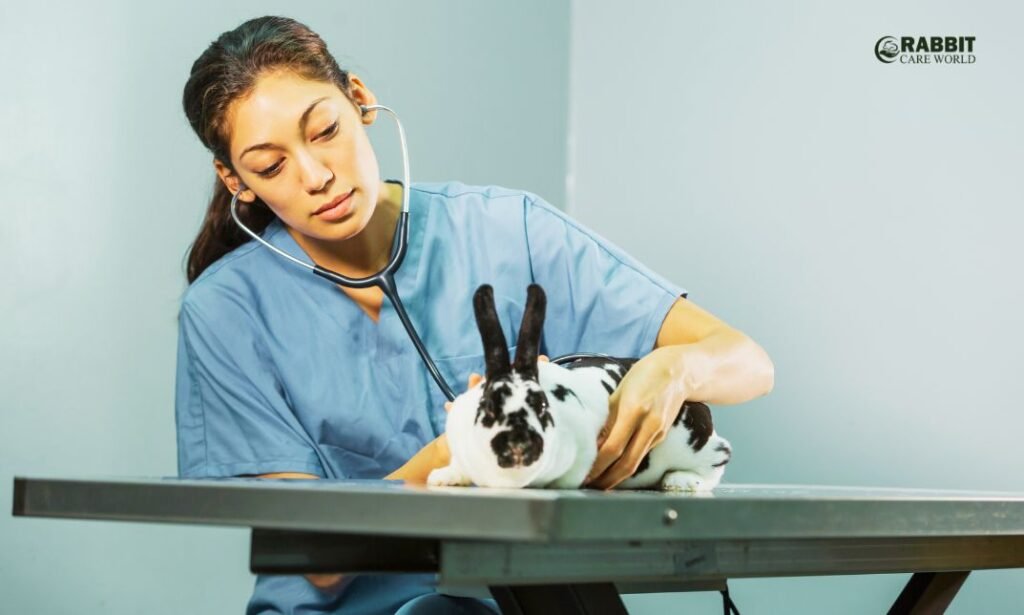Probing, What is the best diet for a guinea pig? Guinea pigs need a balanced diet to stay healthy. Their diet must include specific nutrients.
Guinea pigs are herbivores, and their diet is crucial for their well-being. They rely on a variety of fresh vegetables, high-quality hay, and specially formulated pellets to meet their nutritional needs. Understanding what to feed your guinea pig can make a big difference in their health and happiness.
We’ll explore the best diet options, ensuring your furry friend gets all the essential nutrients they need. From vitamin C-rich foods to the importance of fiber, this guide will help you provide the best care for your guinea pig. Let’s dive into the key components of a healthy guinea pig diet.
Table of Contents
ToggleIntroduction To Guinea Pig Diet
Guinea pigs are adorable, small pets that need special care. Their diet plays a crucial role in their health. Providing the right food can ensure they stay happy and healthy. Let’s explore the best diet for your furry friend.
Importance Of A Balanced Diet
A balanced diet is essential for your guinea pig’s well-being. They need a mix of hay, vegetables, and pellets. Each type of food offers different nutrients.
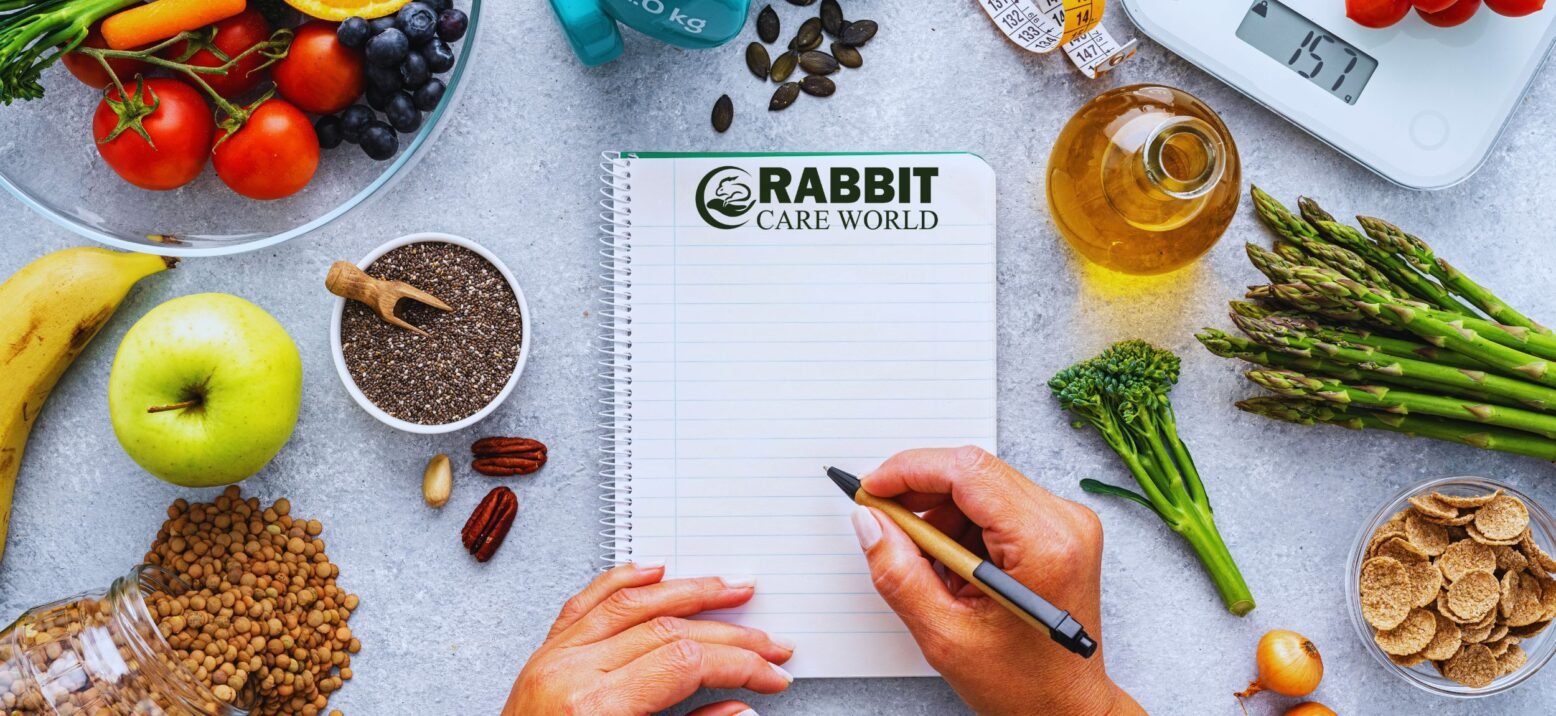
Hay is vital as it helps in digestion and keeps their teeth healthy. Fresh vegetables provide essential vitamins and minerals. Pellets are designed to offer a balanced mix of nutrients. Make sure the pellets are specifically for guinea pigs.
| Food Type | Benefits |
|---|---|
| Hay | Helps digestion, maintains teeth |
| Vegetables | Provides vitamins and minerals |
| Pellets | Offers balanced nutrients |
Common Dietary Mistakes
Avoiding common dietary mistakes is important. Some foods are harmful to guinea pigs. Never feed them chocolate, dairy products, or meat. These can cause severe health issues.
Overfeeding certain vegetables can also be harmful. For example, too many carrots can lead to vitamin A toxicity. Always introduce new foods slowly and watch for any adverse reactions.
Another mistake is not providing enough fresh water. Guinea pigs need clean water daily. Ensure their water bottle is always full and functioning properly.
Essential Nutrients
Guinea pigs need specific nutrients to stay healthy. Their diet should include these key elements. These nutrients keep their bodies strong and functioning well. Without them, guinea pigs can face serious health issues.
Vitamin C
Guinea pigs cannot produce their own Vitamin C. They must get it from their diet. Lack of Vitamin C can cause scurvy, a serious illness. Symptoms include weak joints, bleeding gums, and rough fur.
| Food | Vitamin C Content |
|---|---|
| Bell Peppers | 95 mg per cup |
| Kale | 80 mg per cup |
| Broccoli | 81 mg per cup |
Include foods high in Vitamin C in their daily meals. Use fresh vegetables and fruits. Bell peppers, kale, and broccoli are great choices. Always feed them in moderation.
Fiber
Fiber is essential for a guinea pig’s digestive health. It helps keep their gut moving and prevents blockages. Hay should make up most of their diet. It is rich in fiber and keeps their teeth healthy too.
- Timothy hay
- Orchard grass
- Meadow hay
Ensure hay is always available. Fresh and clean hay is best. Avoid dusty or moldy hay. Include fiber-rich vegetables and small amounts of fruits for variety. This keeps their diet balanced and nutritious.
Fresh Vegetables
Fresh vegetables are vital for guinea pigs. They provide essential vitamins and nutrients. These veggies can boost your guinea pig’s health. But not all vegetables are safe for them.
Daily Vegetable Portion
Guinea pigs need a daily serving of fresh vegetables. Aim for about one cup of mixed veggies each day. This ensures they get a variety of nutrients. Spread the servings throughout the day for balance.
Safe Vegetables
Not all vegetables are safe for guinea pigs. Here’s a list of safe options:
- Bell Peppers: Rich in vitamin C.
- Carrots: High in vitamin A. Serve in moderation.
- Romaine Lettuce: Hydrating and nutritious.
- Cucumber: Low in calories and hydrating.
- Zucchini: A good source of vitamin C.
- Spinach: High in vitamin C. Serve in moderation.
Introduce new vegetables slowly. Monitor your guinea pig for any adverse reactions.
Here’s a helpful table for daily servings:
| Vegetable | Serving Size | Frequency |
|---|---|---|
| Bell Peppers | 1-2 slices | Daily |
| Carrots | 1 small piece | 2-3 times a week |
| Romaine Lettuce | 1-2 leaves | Daily |
| Cucumber | 1-2 slices | Daily |
| Zucchini | 1-2 slices | Daily |
| Spinach | 1-2 leaves | 2-3 times a week |
Keep your guinea pig’s diet varied. This promotes their overall well-being.
Fruits In Moderation
Guinea pigs love fruits. But they should have them in moderation. Too much fruit can cause health issues. Fruits are high in sugar. So, it’s important to know which fruits are suitable and how much to serve.
Suitable Fruits
Some fruits are good for guinea pigs. Here is a list of suitable fruits:
- Apples (remove seeds)
- Blueberries
- Strawberries
- Oranges
- Pears (remove seeds)
- Peaches (remove pit)
These fruits provide vitamins and minerals. But always serve them in small amounts.
Fruit Serving Size
Serving size is crucial. Guinea pigs need only small pieces of fruit. Overfeeding can lead to obesity and dental problems. Here is a guide on serving sizes:
| Fruit | Serving Size |
|---|---|
| Apple | 1-2 small slices |
| Blueberries | 2-3 berries |
| Strawberries | 1 small berry |
| Orange | 1 segment |
| Pear | 1-2 small slices |
| Peach | 1 small slice |
Offer these fruits as treats. Not as a regular diet. This way, your guinea pig stays healthy and happy. Always remove any uneaten fruit after a few hours. This prevents spoilage and keeps your pet safe.
Pellets And Hay
Guinea pigs need a balanced diet to stay healthy. Two main parts of their diet are pellets and hay. Pellets provide essential nutrients, while hay helps with digestion and dental health. Knowing the best types of pellets and hay is crucial.
Choosing Quality Pellets
Choosing the right pellets is important. Not all pellets are created equal. Look for pellets that are high in fiber and low in calcium. Here are some key points to consider:
- High in fiber (18-22%)
- Low in calcium
- No added sugars
- Free from artificial colors and preservatives
Avoid pellets with seeds or nuts. These are not safe for guinea pigs. Always check the expiration date. Fresh pellets are more nutritious.
Types Of Hay
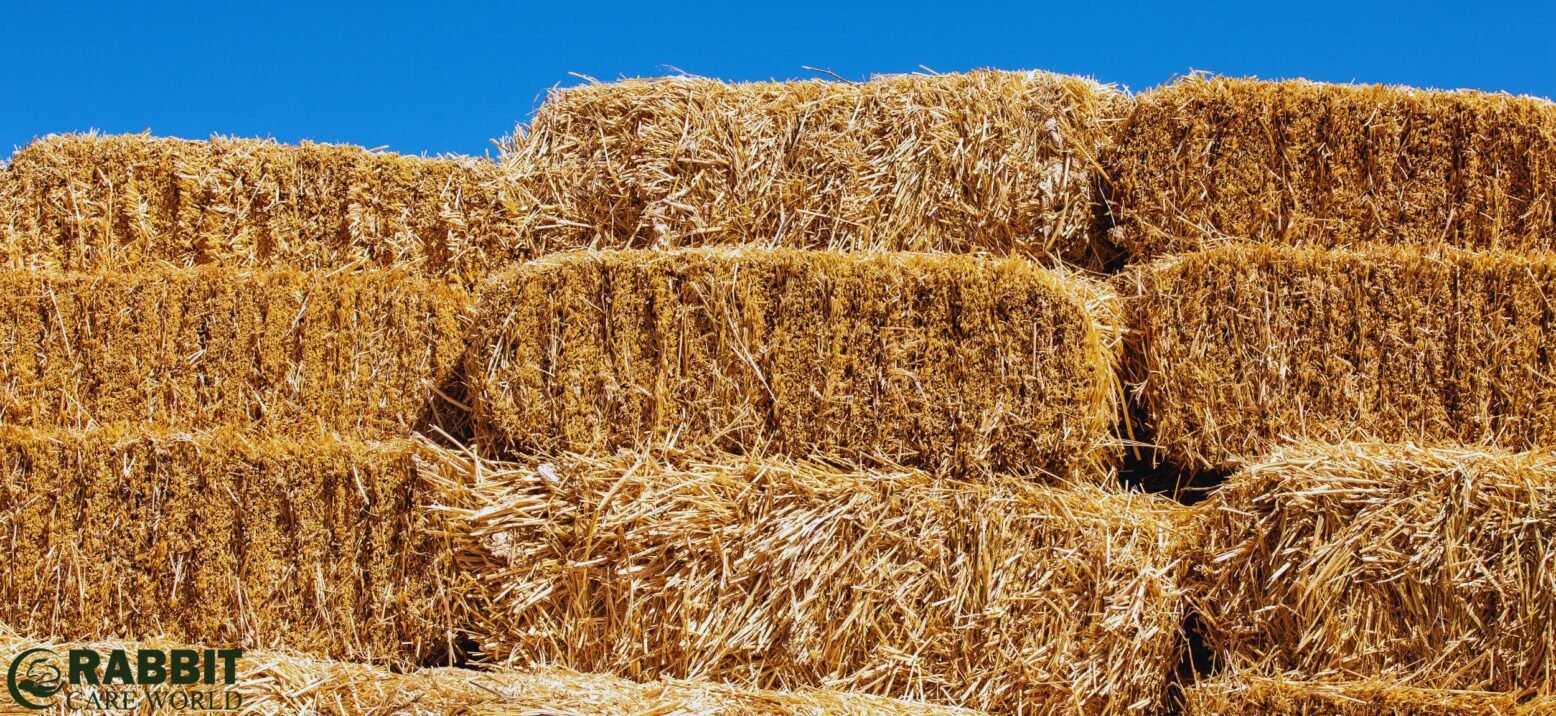
Hay is essential for guinea pigs. It keeps their digestive system healthy and their teeth trimmed. There are different types of hay to choose from:
| Type of Hay | Description |
|---|---|
| Timothy Hay | High in fiber, helps with digestion, suitable for daily feeding. |
| Orchard Grass | Softer than Timothy Hay, good for picky eaters. |
| Meadow Hay | Variety of grasses, provides a mix of nutrients. |
| Alfalfa Hay | High in calcium, suitable for young or pregnant guinea pigs. |
Timothy Hay is the most recommended. It has the right balance of nutrients. For young or pregnant guinea pigs, Alfalfa Hay is a good option. But it should not be fed to adult guinea pigs regularly.
Make sure the hay is fresh and free from mold. Store it in a cool, dry place. Guinea pigs should have unlimited access to hay at all times.
Water Requirements
Guinea pigs need fresh water daily. Hydration is vital for their health. Lack of water can lead to serious health issues. Ensure they always have access to clean water. Let’s explore their hydration needs and the best ways to provide water.
Hydration Needs
Guinea pigs should drink water every day. They cannot store water in their bodies. So, fresh water should be available at all times. Water helps with digestion and keeps their organs working well. It also helps regulate body temperature. Without enough water, guinea pigs can become dehydrated quickly.
Watch for signs of dehydration. These include dry mouth, sunken eyes, and lethargy. Always make sure your guinea pig has access to water. Check their water supply frequently. Ensure it is always clean and fresh.
Water Bottle Vs. Bowl
Water bottles are often better than bowls for guinea pigs. Bottles keep the water clean and free from contamination. Guinea pigs can knock over bowls, making a mess. They may also soil the water with bedding or food. A water bottle prevents these issues.
Choose a water bottle with a stainless steel spout. This type is durable and easy to clean. Attach the bottle securely to the cage. Position it at a comfortable height for your guinea pig. Check the bottle daily to ensure it is working properly.
Some guinea pigs prefer bowls. If using a bowl, choose a heavy, tip-proof design. Place it in a stable spot to prevent spills. Clean the bowl daily to keep the water fresh. Monitor your guinea pig’s water intake to ensure they are drinking enough.
Foods To Avoid
Feeding your guinea pig the right diet is crucial for their health. While there are many foods they can enjoy, some must be avoided. These foods can be harmful and even toxic. To ensure your furry friend’s safety, let’s explore the foods to avoid.
Toxic Foods
Some foods are toxic to guinea pigs. Avoid feeding them chocolate, caffeine, and alcohol. These can cause severe health issues. Also, steer clear of onions, garlic, and chives. They can damage their red blood cells.
Guinea pigs should not eat any dairy products. They cannot digest lactose. So, cheese and milk are off-limits. Certain fruits like grapes and raisins are also dangerous. They can lead to kidney failure.
Ensure you never feed them seeds or pits from fruits. These can contain cyanide. Even small amounts can be lethal.
Digestive System Dangers
Guinea pigs have a delicate digestive system. Some foods can upset their stomachs. Avoid feeding them iceberg lettuce. It has little nutritional value and can cause diarrhea.
High-sugar foods are also bad. They can lead to obesity and diabetes. Limit fruits like bananas and apples. Only offer them occasionally as treats.
Stay away from starchy vegetables. Potatoes and corn are hard to digest. They can cause bloating and gas.
Finally, never give them processed foods. Chips, cookies, and bread are not suitable. These can lead to serious digestive problems.
Homemade Treats
Guinea pigs love treats, especially homemade ones. Homemade treats are healthier and more fun to prepare. They allow you to control ingredients and ensure your pet gets the best nutrition. Let’s dive into some healthy treat recipes and how often you should give these treats to your furry friend.
Healthy Treat Recipes
Here are some simple recipes for guinea pig treats:
Carrot and Parsley Balls: Grate a carrot and mix with chopped parsley. Add a small amount of guinea pig pellet powder. Form into small balls and let them dry.
Apple and Banana Bites: Mash a small piece of banana and mix with grated apple. Shape into tiny bites and freeze for a refreshing treat.
Veggie Sticks: Cut small sticks of cucumber, bell pepper, and zucchini. Serve these crunchy treats as they are.
Treat Frequency
Treats should not replace regular meals. Offer homemade treats 2-3 times a week. This keeps your guinea pig healthy and happy. Always watch for any signs of allergies or digestive issues. Fresh water should always be available.
Supplements
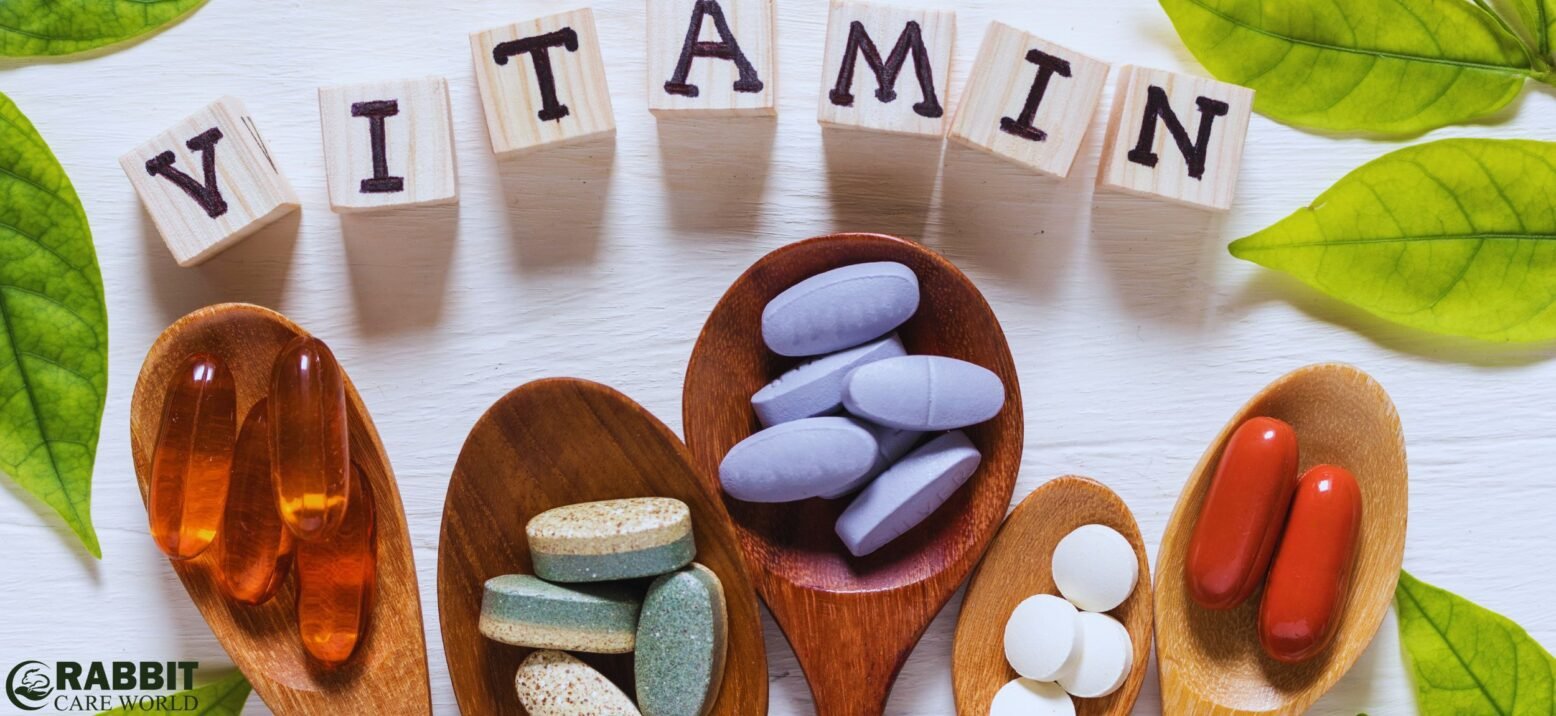
Guinea pigs need a balanced diet to stay healthy. Sometimes, their diet requires supplements. These supplements help fill any nutritional gaps. Let’s explore when to use supplements and what types are available.
When To Use Supplements
Supplements are not always necessary. A balanced diet usually provides all the nutrients a guinea pig needs. But there are situations where supplements can be helpful:
- Illness or Recovery: When a guinea pig is sick or recovering, it may need extra vitamins.
- Poor Diet: If the diet lacks variety, supplements can help.
- Pregnancy and Nursing: Pregnant or nursing guinea pigs need more nutrients.
Types Of Supplements
There are different types of supplements available for guinea pigs. Each type serves a specific purpose:
| Type | Purpose |
|---|---|
| Vitamin C | Guinea pigs cannot produce vitamin C. It is essential for preventing scurvy. |
| Calcium | Needed for strong bones, especially in young and pregnant guinea pigs. |
| Probiotics | Help maintain a healthy digestive system. |
| Multivitamins | Provide a balanced dose of essential vitamins and minerals. |
Always check with a vet before adding any supplements. Over-supplementing can cause health issues. Ensure your guinea pig gets a balanced diet first.
Dietary Changes
Changing your guinea pig’s diet can be a delicate process. It is important to introduce new foods slowly. Monitoring their reactions ensures they adapt well. Below, we explore two main aspects of dietary changes.
Introducing New Foods
Introduce new foods gradually. Sudden changes can upset a guinea pig’s digestive system. Start by adding small amounts of the new food to their regular diet. This helps them get used to the new taste and texture.
Consider a variety of fresh vegetables. Carrots, bell peppers, and cucumbers are good choices. Always wash vegetables thoroughly to remove pesticides. Avoid giving them foods high in sugar or fat.
Here is a simple table to guide you on safe vegetables:
| Vegetable | Frequency |
|---|---|
| Carrots | Once a week |
| Bell Peppers | Daily |
| Cucumbers | Occasionally |
Monitoring Reactions
Watch your guinea pig closely after introducing new foods. Look for signs of discomfort or allergies. Diarrhea, lack of appetite, or unusual behavior are red flags. If you notice these, remove the new food immediately.
Keep a food diary. Note down what new foods you introduce and any reactions observed. This helps in identifying patterns and preferences. It also ensures you provide a balanced diet.
Here are some signs to monitor:
- Changes in stool consistency
- Reduced activity levels
- Visible discomfort or bloating
A gradual approach is key. Patience and careful observation will lead to a happy, healthy guinea pig.
Seasonal Diet Variations
Guinea pigs need a balanced diet to stay healthy. Their diet can change with the seasons. Adjusting their food according to the weather helps them thrive.
Summer Diet Tips
In summer, your guinea pig needs more hydration. Fresh vegetables and fruits are essential. Here are some great options:
- Cucumber: High water content to keep your pet hydrated.
- Bell Peppers: Rich in vitamins and moisture.
- Watermelon: Serve in small amounts to avoid excess sugar.
Provide clean, fresh water daily. Ensure their water bottle is always full. Avoid placing their cage in direct sunlight.
Winter Diet Adjustments
During winter, guinea pigs need extra energy. Increase their food portions slightly. Focus on foods that provide warmth:
- Hay: Vital for digestion and warmth.
- Root Vegetables: Carrots and sweet potatoes are excellent choices.
- Leafy Greens: Kale and spinach boost their immune system.
Ensure their living space is warm. Provide extra bedding materials. Avoid sudden temperature changes.
Here is a quick reference table for seasonal diet variations:
| Season | Recommended Foods |
|---|---|
| Summer | Cucumber, Bell Peppers, Watermelon |
| Winter | Hay, Carrots, Kale |
Adjusting your guinea pig’s diet with the seasons is simple. It ensures they stay happy and healthy.
Feeding Schedules
Guinea pigs need a consistent feeding schedule. Regular feeding times help them stay healthy. A predictable routine reduces stress for your pet. Understanding the best meal timing and portion control is key.
Meal Timing
Feed your guinea pig at the same times daily. Morning and evening feedings work best. This keeps their digestive system on track. Fresh food should be offered in the morning. Remove any uneaten food after a few hours. Hay should be available all day. It helps their digestion and wears down their teeth. Water should also be fresh and available at all times.
Portion Control
Guinea pigs need measured portions to prevent overeating. A balanced diet includes vegetables, pellets, and hay. Veggies should be about one cup per day. Choose leafy greens like romaine lettuce. Avoid iceberg lettuce as it has little nutrition. Pellets should be given in small amounts. About one-eighth of a cup daily is enough. Unlimited hay is crucial for their diet. It provides fiber and keeps them healthy. Monitor their weight to adjust portions if needed.
Special Diets
Guinea pigs have unique dietary needs that vary at different life stages. Special diets are essential for pregnant and senior guinea pigs. These diets ensure they receive the nutrients they need. Proper nutrition supports their health and well-being.
For Pregnant Guinea Pigs
Pregnant guinea pigs need extra care and nutrition. Their diet should be rich in calcium and vitamin C. Fresh vegetables like kale and bell peppers are excellent choices. These vegetables provide vital vitamins and minerals. Pellets designed for pregnant guinea pigs can also be beneficial. Ensure they have fresh hay and clean water at all times. Avoid foods high in sugar or fat. This helps prevent obesity and other health issues.
For Senior Guinea Pigs
Senior guinea pigs have different dietary needs. Their metabolism slows down with age. They need a diet lower in calories but still rich in nutrients. Soft vegetables are easier for them to chew. Leafy greens like spinach and lettuce are great options. Ensure they have plenty of fresh hay. It helps keep their digestive system healthy. Pellets made for senior guinea pigs can also help. Always provide fresh water and monitor their weight regularly.
Signs Of Dietary Problems
Guinea pigs require a balanced diet for optimal health. Dietary problems can lead to serious health issues. Recognizing signs of dietary problems is crucial for guinea pig owners. These signs can help you adjust their diet and ensure their well-being.
Identifying Nutrient Deficiencies
Nutrient deficiencies can manifest in several ways. Watch for changes in your guinea pig’s fur. Dull or thinning fur may indicate a lack of essential vitamins. Weight loss is another clear sign. If your guinea pig is losing weight, their diet may lack necessary nutrients. Behavioral changes also matter. A lethargic or less active guinea pig may not be getting enough energy from their food.
When To Consult A Vet
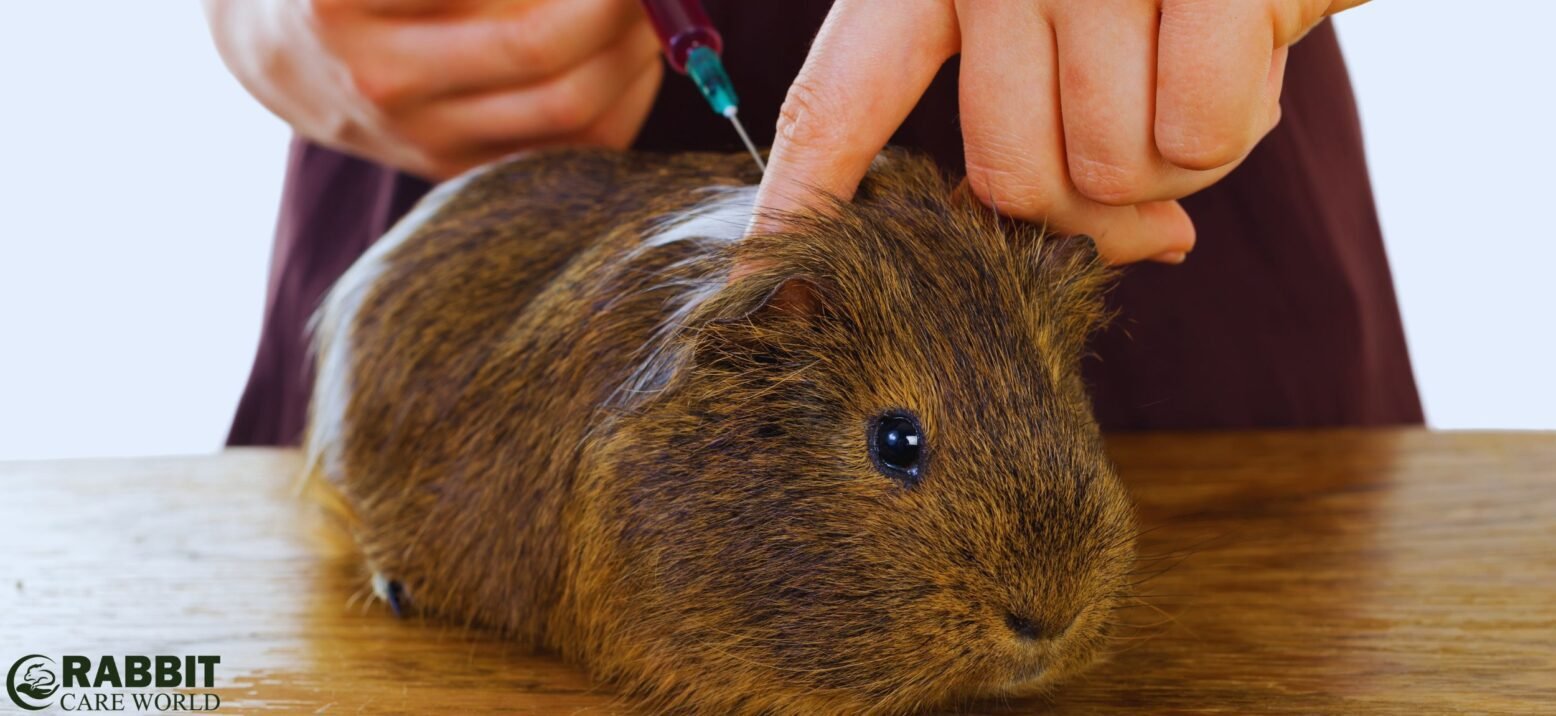
Sometimes dietary problems require professional help. If you notice persistent symptoms, consult a vet. Persistent diarrhea, for example, needs immediate attention. Unexplained weight loss is also a reason to seek help. If your guinea pig refuses food, contact your vet. It could indicate a serious problem.
FAQ About What Is the Best Diet for a Guinea Pig
What Foods Are Safe For Guinea Pigs?
Guinea pigs can safely eat hay, fresh veggies, and guinea pig pellets.
Can Guinea Pigs Eat Fruits Daily?
No, fruits should be given occasionally due to high sugar content.
How Much Hay Should A Guinea Pig Eat?
Hay should be available to guinea pigs at all times.
Is Lettuce Good For Guinea Pigs?
Yes, but stick to romaine or green leaf lettuce. Avoid iceberg lettuce.
Do Guinea Pigs Need Vitamin C?
Yes, guinea pigs cannot produce vitamin C. Provide supplements or vitamin C-rich veggies.
What Vegetables Should Guinea Pigs Avoid?
Avoid onions, garlic, potatoes, and rhubarb. These can be harmful.
How Often Should I Feed Guinea Pig Pellets?
Feed guinea pig pellets daily, about 1/8 cup per guinea pig.
Can Guinea Pigs Eat Dairy Products?
No, guinea pigs should not eat any dairy products. They cannot digest lactose.
Conclusion for What Is the Best Diet for a Guinea Pig
Ensuring a balanced diet keeps your guinea pig healthy and happy. Fresh hay, vegetables, and quality pellets are essential. Always provide fresh water. Avoid feeding them harmful foods. Monitor their weight and health regularly. Consult a vet if unsure about their diet.
A proper diet helps them live a longer, active life. Your guinea pig deserves the best care. Follow these tips for a thriving pet.


